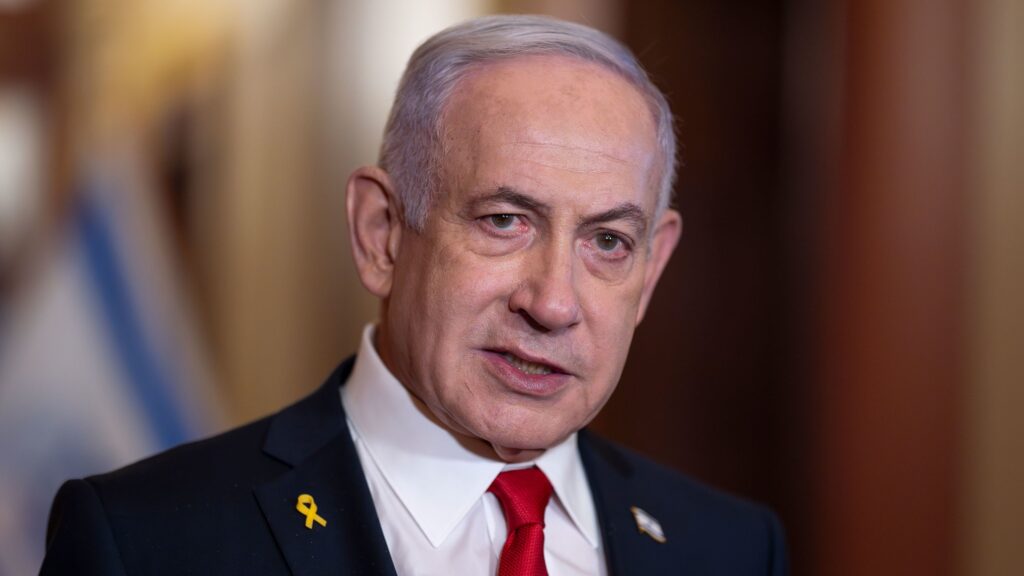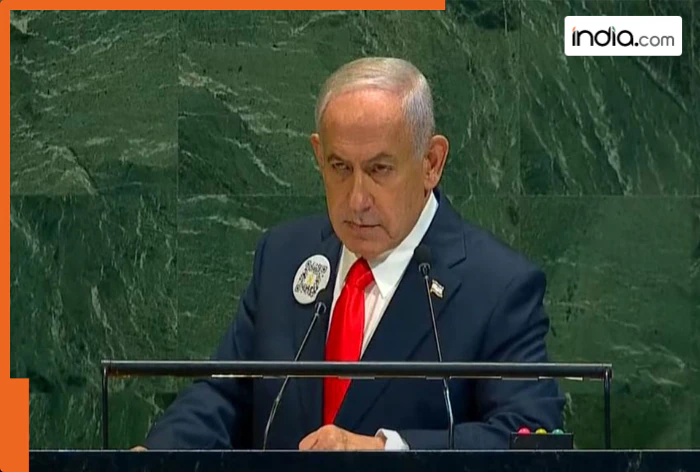Copyright inquisitr

Benjamin Netanyahu walked into the United Nations General Assembly, and a bunch of diplomats walked out. As the Israeli prime minister approached the podium on Friday, rows of delegates went for the exit, as seen here, which set the tone before he said a word. Within minutes, Netanyahu was vowing to “finish the job” in Gaza and blasting countries that recognized a Palestinian state. Reports by CBS and others state that dozens of diplomats, representing a variety of nations, left the hall as his speech began. Photos and video showed rows of empty seats where delegates had been seated, and a quieter gallery than you would expect for a marquee address on a week like this. The message from the absent delegates was loud; they were not sticking around to applaud a war policy they say has unleashed an unbearable humanitarian toll. Netanyahu told world leaders Israel must keep going in Gaza until Hamas is destroyed, and he dismissed the flurry of recognitions of Palestinian statehood by Western allies as “insane,” arguing they reward terror. He thanked America for its support, but warned that moves to elevate Palestinian statehood only make more bloodshed likely, not less. The Israeli leader was resolved amid some of the toughest international criticism Israel has faced in years. Netanyahu held up props and pointed to maps, showing strikes against Hamas and Hezbollah, and he addressed Israeli hostages directly, promising they were not forgotten and would not stop until they are rescued. In a twist, his office arranged to blast the speech over loudspeakers toward Gaza and to push it to phones, an attempt to reach civilians and captors at once, although it is unclear how much actually got through. Outside the UN, protesters marched and chanted. Gaza’s civilian suffering has become the dominant story for much of the world, and human rights organizations continue to raise alarms about the scale of displacement and death. Critics say Israel’s campaign has gone too far for too long. Netanyahu and his team counter that any pause would invite more October 7 attacks, and that the best way to protect Israelis and Palestinians is to crush Hamas’s remaining capacity to wage war. Both narratives were present in the hall, one from the podium, the other carried by the people who left their seats. Several U.S. allies have moved toward recognizing a Palestinian state, and European parliaments are openly debating sanctions tied to settlements and wartime conduct. The prime minister treated those steps as fuel for Hamas rather than a path to peace, and he gave no sign of softening on a two-state solution. That stance earned him applause from Israel’s supporters, and another round of outrage from capitals that say the war has already dragged on too long. If you are with pro-Israel, you saw a leader standing firm as the world wavered. If you are against the conflict, you saw a chamber emptying in disgust while a war grinds on. What is undeniable is the image that will stick, Netanyahu at the UN, numerous diplomats walking out, and a speech designed to show he is not wavering, even as the room gets thinner and the criticism gets louder.



